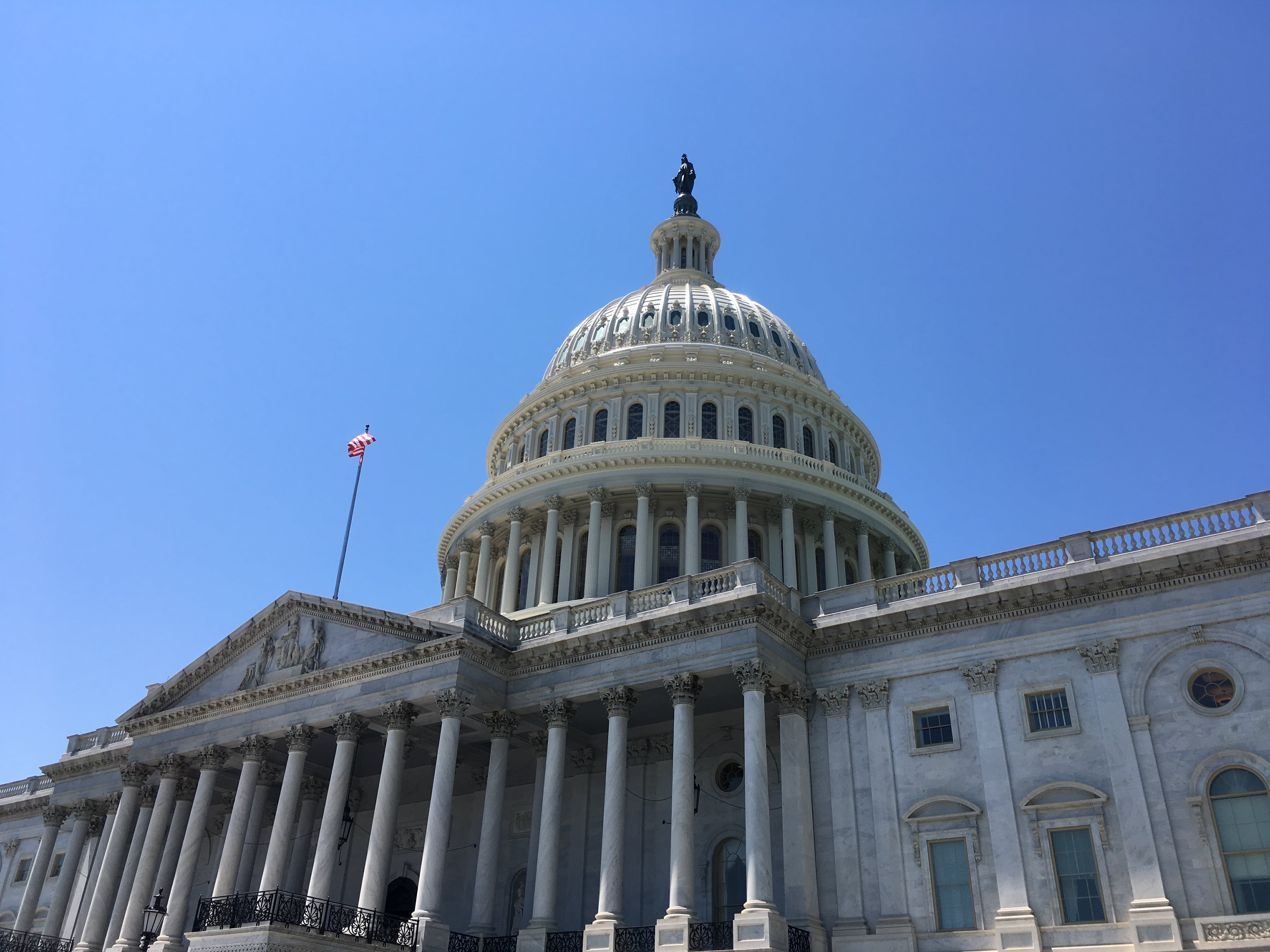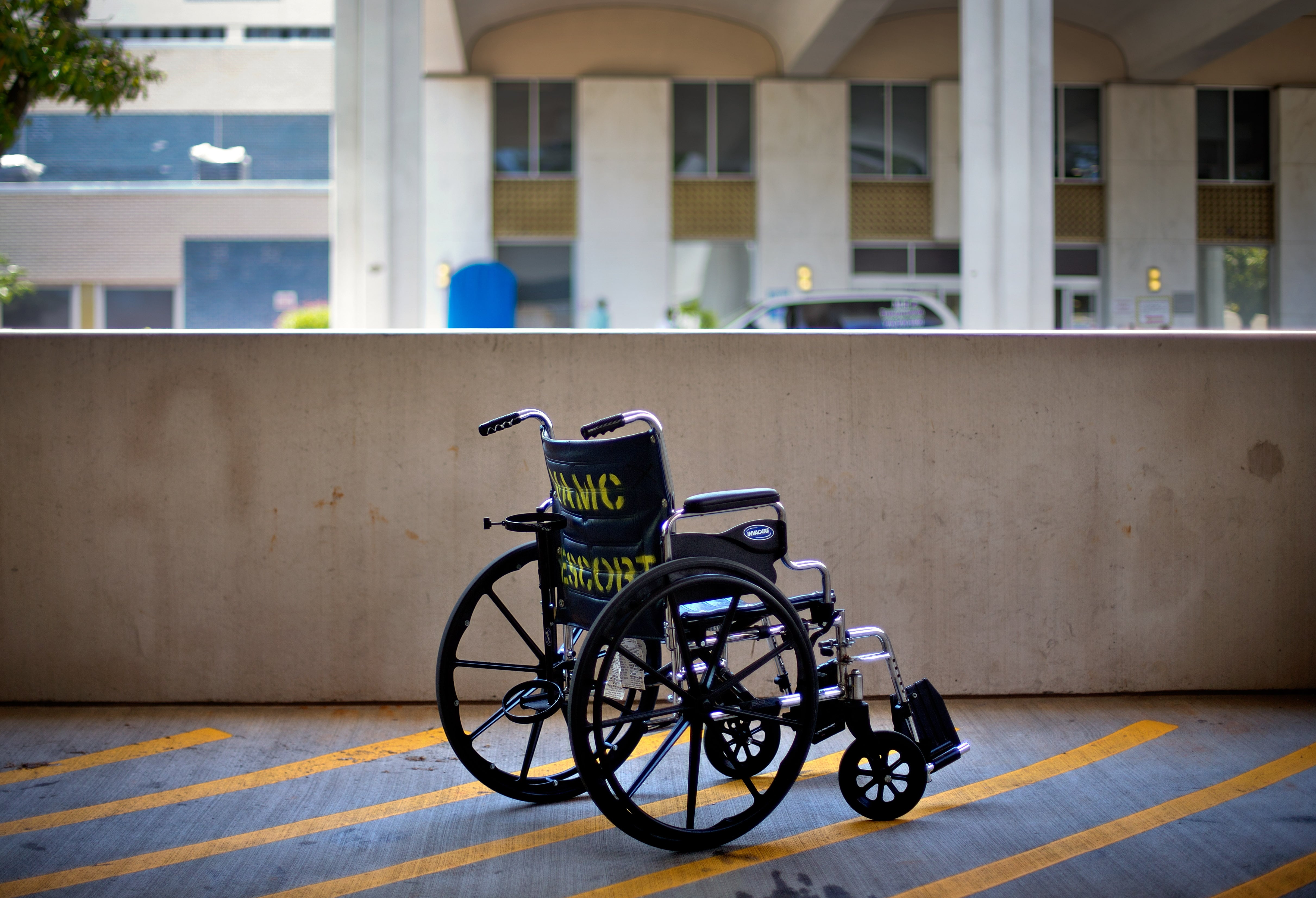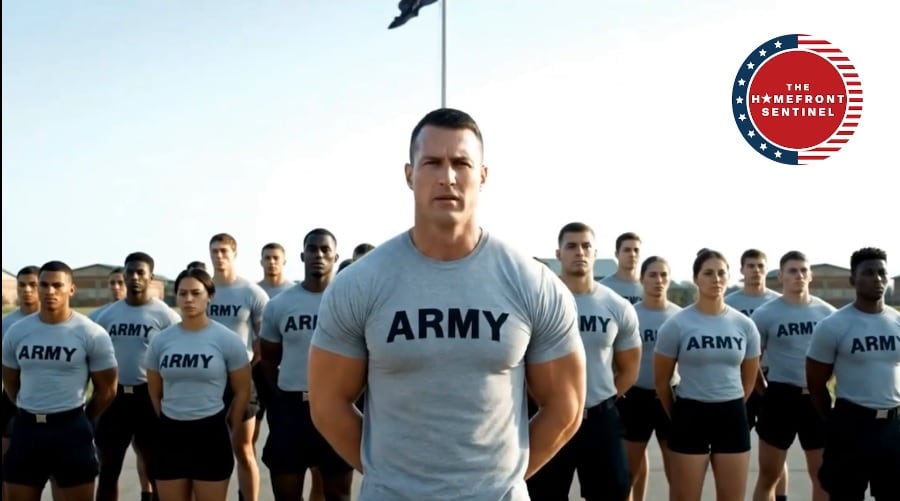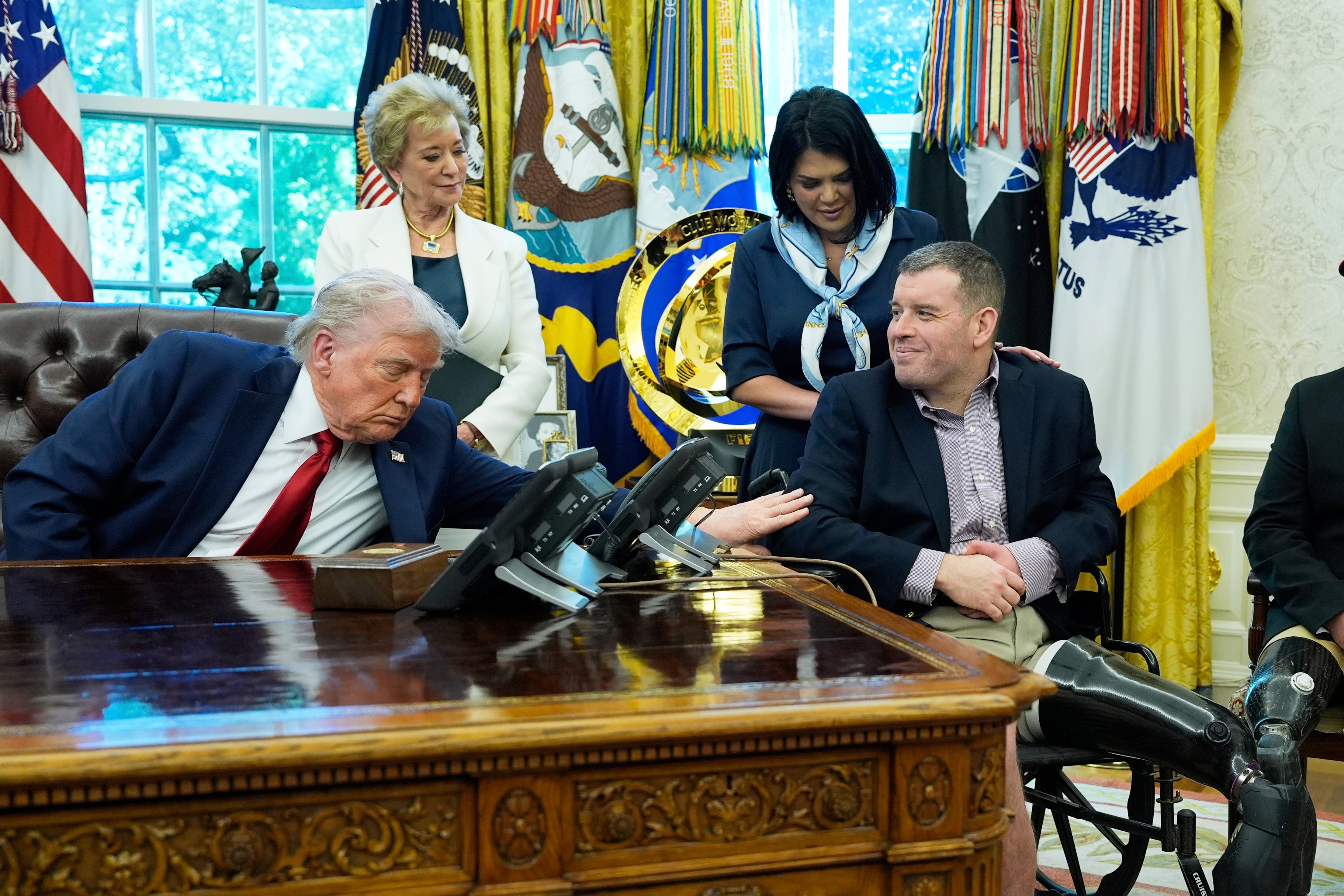Editor's note: This article was originally published in June 2014 and has been republished after Bill Hurley's first PGA tour victory at the Quicken Loans National on Sunday.
Most of PGA Tour golfer Billy Hurley III's time in the Navy was spent doing a different kind of driving.
Hurley, a 2004 Naval Academy graduate, traded soft greens for steel decks, serving on the destroyer Chung-Hoon, among other warships, and earning two ship-driving awards in the process, according to his official PGA Tour bio.
Hurley left service as a lieutenant in 2009 and less than three years later became the first service-academy grad to earn a full-time spot on the top pro tour. The 32-year-old's game recently rose to another level when he played in his first major — the U.S. Open — made the cut, tied for 48th place and added to 2014 winnings that topped $676,000 entering the Travelers Championship, which began June 19.
His military roots show in his work with the SEAL Legacy Foundation(www.seallegacy.org) and interaction with service members, active and retired, on the links during his tour travels.
"I end up seeing a lot of Army people," he said. "We end up giving each other a hard time."
More from a recent interview, edited for brevity:
BONUS FACT
Hurley's slated to play in the Quicken Loans Invitational in Bethesda, Maryland, on June 23-29 (the pros take over June 26). The event offers free tickets to troops and their families; they'll be distributed on many bases within 150 miles of the club. Walk-up tickets also are available.www.qlnational.com
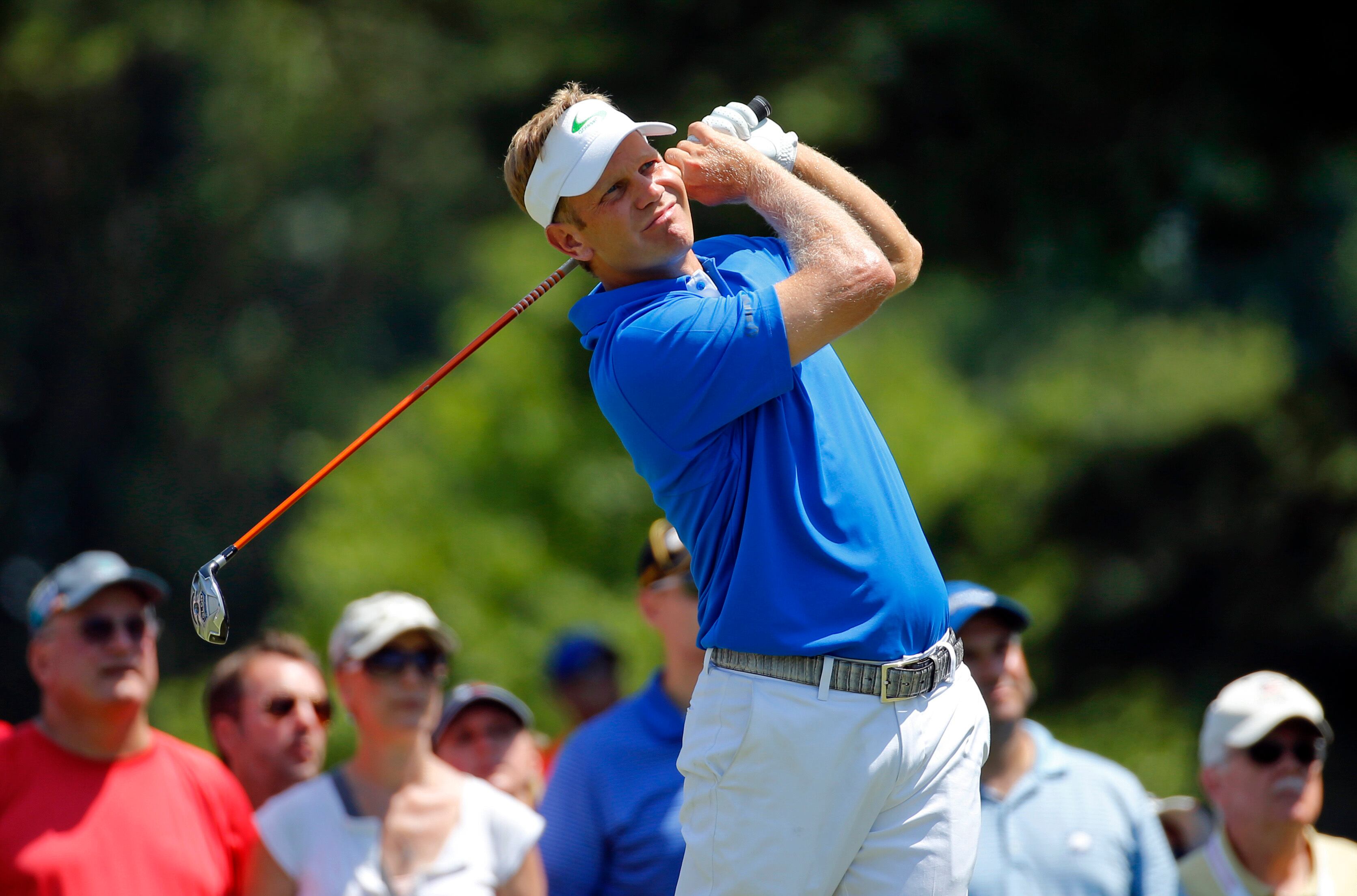
Billy Hurley III watches his shot from the second tee during the final round of the Quicken Loans National PGA golf tournament, Sunday, June 26, 2016, in Bethesda, Md. (AP Photo/Patrick Semansky)
Photo Credit: Patrick Semansky, AP
Q. Because of your time in service, do you feel you're playing catch-up with others on the tour?
A. I've never really sat and looked at it like that. I certainly kind of spot my peers five years — in a lot of ways, I'm a 27-year-old on the PGA Tour, not a 32-year-old. I suppose I'm probably a 37-year-old in terms of life experience, in terms of the travel I got to do and the parts of the world I got to experience. ... All in all, I wouldn't do anything differently. I am pleased with the progress I've made, and I think I'm kind of just hitting my stride in golf. We can always keep getting better, and go forward.
Q. What were you able to do when you were underway to keep your golf game in shape?
A. I really did not get to keep my game in shape that well, especially in the last two years of my service. There was a three-month stretch where I played one time, and there was a separate five-month stretch where I played one time. When I was on the ship in Hawaii, I probably averaged playing golf once a month over the two years I was out there: There were recreational golfers playing more golf than me. I just tried to keep my body in the best shape I could. I tried to work out as best as the schedule of the ship would let you.
Q. You've spoken in the past about the support you received while in uniform from some fellow officers about your golf career. Was it universal?
A. The piece that got me a lot of support was that I wasn't just a guy in the Navy who was killing five years of his life to then get out and do something else. I did the absolute best I could. I didn't slack off in anything. I did the job very well, and I did it at a high level. I received the support of pretty much everybody I came in contact with — there might've been initial pushback, but then when I did my job well, that went away. That support was given because I proved myself as a naval officer.
Q. You had to rally to make the U.S. Open field, with three birdies over the last four holes in your qualifying event — did you expect to make the cut, and what did you take away from your first major tournament?
A. I thought I was playing well going into the qualifier, and I finished great. I thought I should play well [at the U.S. Open] — and I thought I should've played a little better than I did, to be honest with you. For my first major, though, as far as that's concerned, it was a good week.
Q. How has your time in service changed your perspective on the golf course?
A. I guess I do have a slightly different perspective [than other pro golfers], but at the end of the day, I want to play as well as everybody else. I get asked, you know, "What kind of perspective do you bring to that 6-foot putt?" and it's different, but I'm thinking, "Well, yeah, but I still want to make that 6-foot putt, OK?" I've been in situations that most of my peers will never be in. That doesn't make them less of a person or me any better of a person, it just is what it is. It gives me a little bit more maturity than the average 30-year-old.
Kevin Lilley is the features editor of Military Times.

